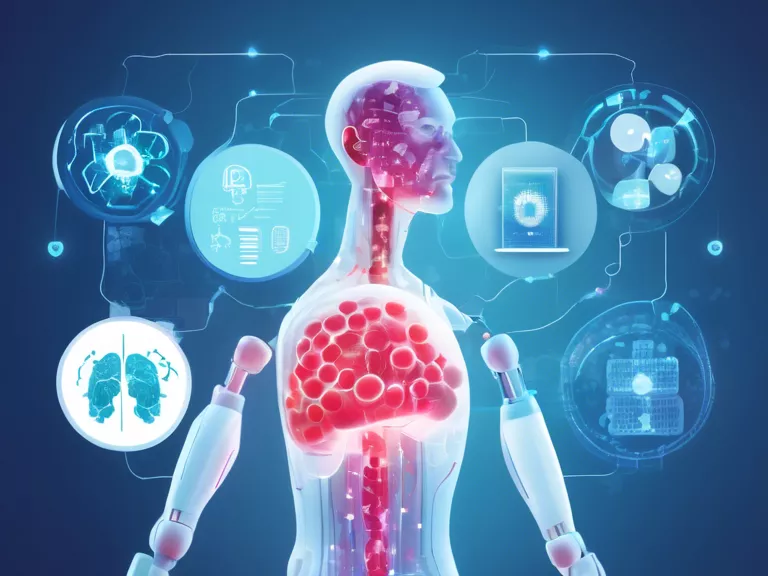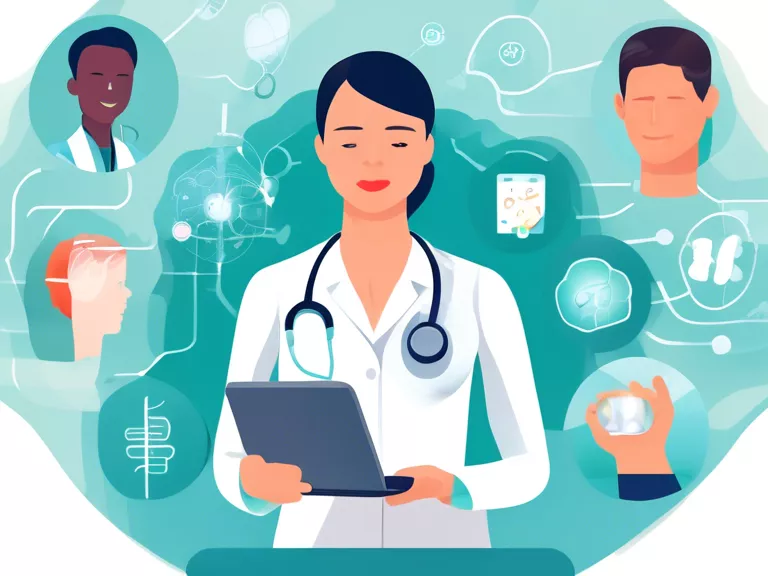
AI technology has revolutionized the healthcare industry by enabling the development of personalized health recommendations. By analyzing vast amounts of data, AI can provide tailored advice to individuals based on their unique health profiles and needs. This article explores the role of AI in delivering personalized health recommendations and the benefits it offers to both patients and healthcare providers.
One of the key advantages of AI in personalized health recommendations is its ability to process large sets of data quickly and efficiently. By analyzing a patient's medical history, genetic information, lifestyle factors, and real-time health data, AI algorithms can identify patterns and correlations that human experts may overlook. This enables AI to generate personalized recommendations for diet, exercise, medication, and lifestyle changes that are specifically tailored to each individual's needs.
AI-powered health recommendations can also help healthcare providers deliver more effective and efficient care. By automating the analysis of patient data and generating personalized treatment plans, AI can free up doctors and nurses to focus on providing high-quality care rather than spending time on administrative tasks. This can lead to improved patient outcomes, reduced healthcare costs, and a more personalized and patient-centered approach to healthcare.
Furthermore, AI can empower individuals to take control of their own health and well-being. By providing personalized recommendations and insights, AI can help individuals make informed decisions about their health, monitor their progress over time, and track the effectiveness of different interventions. This can lead to better health outcomes, increased patient engagement, and a more proactive approach to preventive care.
In conclusion, AI technology has the potential to transform the way personalized health recommendations are developed and delivered. By leveraging the power of AI to analyze vast amounts of data and generate tailored recommendations, individuals can receive more effective and personalized care, healthcare providers can improve patient outcomes and efficiency, and the healthcare system as a whole can move towards a more personalized and patient-centered approach to healthcare.



